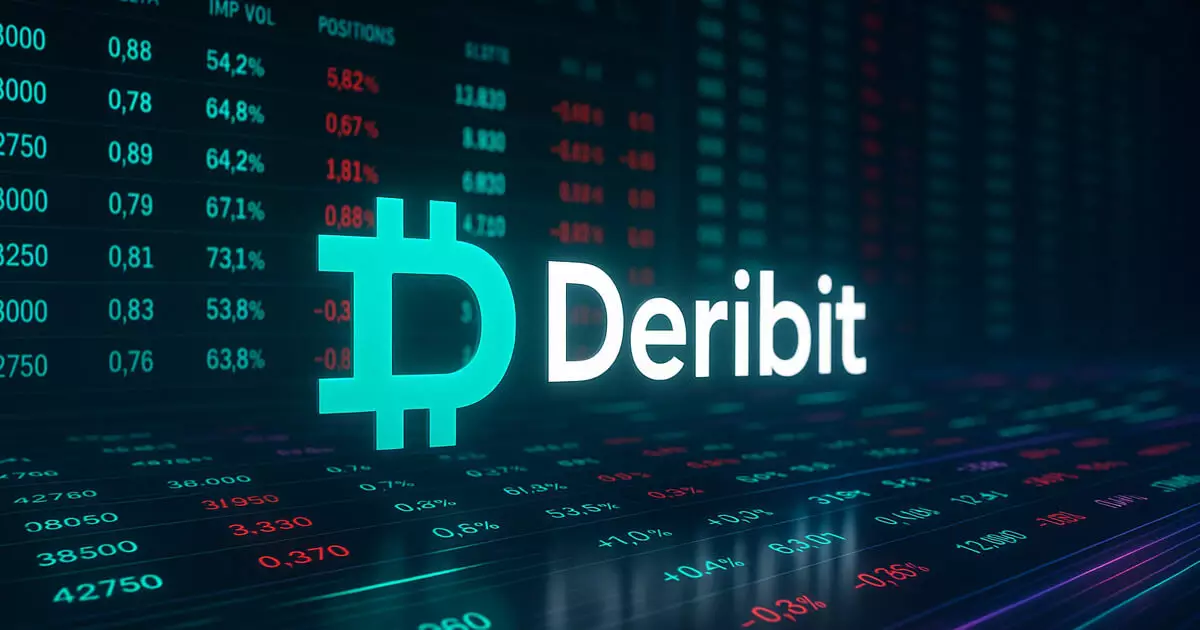In the fast-paced world of cryptocurrency, strategic acquisitions can redefine landscape dynamics. Coinbase’s recent agreement to acquire Deribit for approximately $2.9 billion is not just another corporate maneuver; it represents a seismic shift in the crypto derivatives market. This acquisition stands as the largest in Coinbase’s history, a significant milestone that signals its serious commitment to establishing dominance in an arena increasingly vital to the crypto ecosystem. As crypto derivatives account for a staggering portion of daily trading volume globally, capturing this segment is essential for Coinbase to maintain competitive relevance.
Bridging the Gap with Regulations
What makes this acquisition particularly intriguing is its connection to regulatory frameworks. Deribit’s Dubai-based entity possesses a full license from the Virtual Assets Regulatory Authority (VARA), establishing a legal foothold in a buzzing market. By acquiring Deribit, Coinbase is not merely buying a platform; it’s investing in a regulatory route that enables it to reach institutional and qualified investors with confidence. In a climate where regulatory uncertainties often stifle innovation, this strategic advantage could prove invaluable. The previous reluctance to enter derivatives trading due to regulatory risks seems to be fading, and Coinbase’s bold move underscores the optimism surrounding impending regulatory clarity in the U.S.
Catching Up in a Competitive Market
While Coinbase has made strides into the derivatives sector, including acquiring FairX and launching the Coinbase International Exchange, the acquisition of Deribit could provide the expedited growth it needs. The difference between Coinbase’s current position and its offshore rivals is stark; Coinbase still lags behind competitor platforms that have capitalized on market conditions more aggressively. Competitors like Kraken and their recent acquisition of NinjaTrader further illustrate the necessity of action. The current market dynamics necessitate a rallying of forces to not just survive but flourish, which is what Coinbase aims to do by bringing Deribit into its fold.
A Catalyst for Innovation
Deribit, known for its robust platform and impressive trading volumes—processing about $1.2 trillion in total volume during 2024—brings not just liquidity but innovation to the table. In an industry desperate for fresh ideas, bringing Deribit’s established model under the Coinbase brand could lead to new products and services, fostering increased user engagement on both fronts. This merger is not just about combining resources; it’s about fusing creative minds to drive the future of derivatives in the crypto space.
The Path Ahead: Challenges and Opportunities
However, the road ahead is paved with challenges. Acquisition deals of this magnitude are seldom smooth, as they typically demand rigorous regulatory scrutiny. Nevertheless, the political atmosphere in the U.S. is leaning toward an acceptance of crypto derivatives, indicating potential good news for Coinbase. The marketplace appears ripe for innovation amid a shift toward a friendlier regulatory environment. If Coinbase can navigate these regulatory waters successfully, the acquisition of Deribit could well position them as not just a participant but a leader in the crypto derivatives arena.
Coinbase’s acquisition of Deribit marks a momentous chapter in its narrative, one that could redefine how institutions engage with crypto derivatives, shaping the market landscape for years to come.

